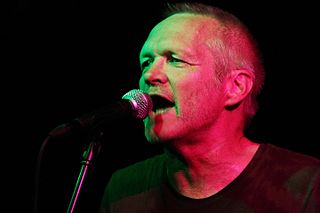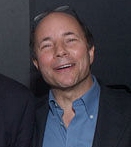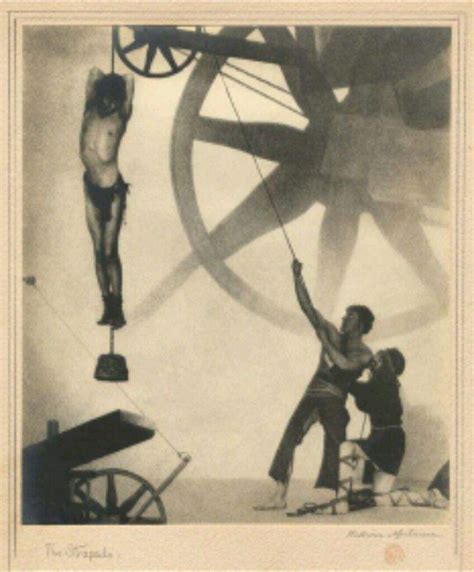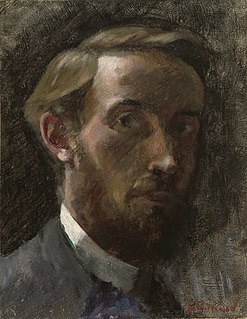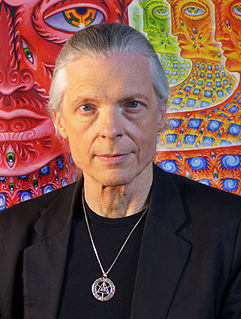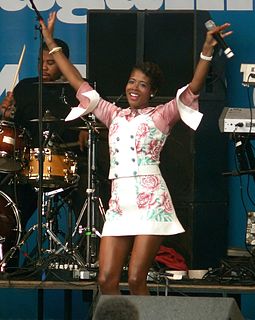A Quote by G.W. Sok
I think that the sheer fact that music can raise certain questions or put topics on the agenda has in itself already an effect. Just like any other art of cultural expression can do that - books, films, photos, painting - it can bring people together who share certain ideals, who don't find their ideas expressed properly, or even expressed at all, in the mainstream media.
Related Quotes
Artists tend to be people of strong character and opinion. Often they are dismissed in our culture if they don't fit a certain mainstream media mold. It's a reason why filmmakers are now releasing films online. Art, in any form can invoke various emotions and actions. I think some can be frightened of the power that a simple image can invoke and that's why they tend to shy away from it. But art documents moments in our history and that image is often what many people remember of a certain time.
I was on television a couple of years ago and the reporter asked me, "How does it feel being on mainstream media? It's not often poets get on mainstream media." I said, "Well I think you're the dominant media, the dominant culture, but you're not the mainstream media. The mainstream media is still the high culture of intellectuals: writers, readers, editors, librarians, professors, artists, art critics, poets, novelists, and people who think. They are the mainstream culture, even though you may be the dominant culture."
I've always been fond of the idea expressed in Buddhist art, that there are certain objects that, just by seeing them, can plant a seed for liberation in the individual. That class of objects is called "liberation through seeing." Certain Buddha images are like that, but if it were possible, I would like to find contemporary non-traditional sacred images. Maybe it sounds pretentious, but most spiritual paths point to the possibility that we all can access the deep, absolute dimensions of reality.
I like as much time as I can get and I'll do whatever I think is helpful to prepare for a role. Sometimes it's practical research, meaning if I had to write shorthand, I'd learn how to write shorthand. Or if I have to know how to dance a certain way, I would learn that. And then there's just research of talking to people similar to the characters I'm playing. And there's stuff that I just feel is inspiring, whether it be music or a painting or a photograph. I've used a lot of Nan Goldin's photos in the past to inspire me. I use certain paintings and pieces of music.
I try to teach a modernist and postmodernist position. On one hand, if you're a painter, you need to know the history of painting. But I'm also interested in the moment we live in. I love television, and movies, and books, and music. So I also think of art as this cultural production along with all this other stuff that's happening. So that's a kind of postmodern, not media-specific, but the times, what is your art relevant to this moment we live in versus media specificity? That's my teaching philosophy, both of those things are important.
If there is a mystical chord in democracy, it probably revolves around the notion that unexpected music can resonate from politics when people are pursuing questions larger than self... I have seen that ennobling effect in people many, many times- expressed by those who found themselves engaged in genuine acts of democratic expression, who claimed their right to define the larger destiny of their community, their nations.
... if you repeat a thought, or say a word, over and over again-not once, not twice, but dozens, hundreds, thousands of times-do you have any idea of the creative power of that? A thought or a word expressed and expressed and expressed becomes just that-expressed. That is, pushed out. It becomes outwardly realized. It becomes your physical reality.
